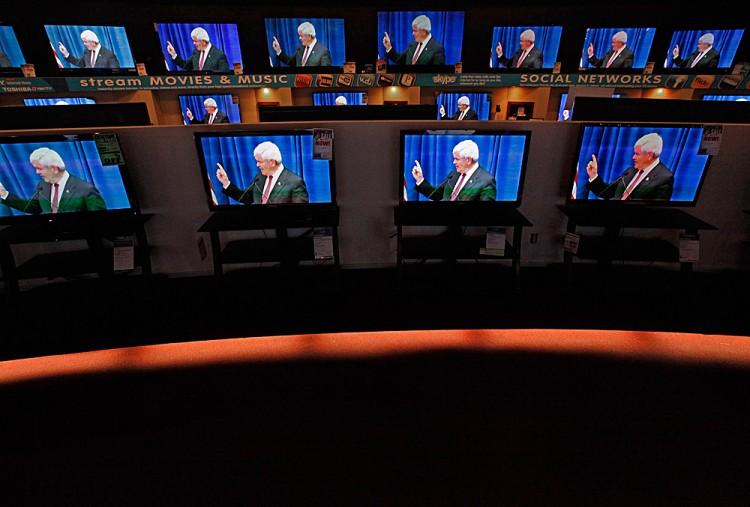With elections and primaries come campaign attack ads, used to gain political advantage while at the risk of causing backlash among voters. Often seen as negative, candidates must recognize and balance the risk of adopting personal attacks versus promoting a platform or vision.
Despite the criticisms, John Geer, chair of the department of political science at Vanderbilt University, says attack ads in the current election season provide direct information necessary for voters to make one of the most important decisions—choosing the next president of the United States.
“Candidates are skilled at telling you why you should vote for them. But they won’t tell you the problems of their candidacy,” Geer stated. “A good decision requires full information—knowing the weaknesses of a candidate is an important part of that,” he said.
According to Geer, political campaign ads—including the so-called negative attack ads—are a mechanism for getting such information out.
From Geer’s perspective, campaign ads are a vital, uncensored way for politicians to reach out to voters, and a First Amendment right. “News media could filter the information,” Geer said. “I don’t think we—as journalists, scholars, or pundits—should try to control the content of ads.”
Ads serve as a “direct link” from politician to voter, where the information is presented in a “digestible size.” The American public doesn’t have hours to watch all the debates and interviews, according to Geer.
He selected recent ads against Newt Gingrich, which contain claims from the former House speaker’s ex-wife, as an example.
“Sometimes candidates behave badly, and we need to know about that. It might not necessarily be denigration, just providing information,” he claimed.
Geer says it’s up to the American people to decide whether those ads are relevant, or not. “It’s not fun to make those claims. But they are true.”






